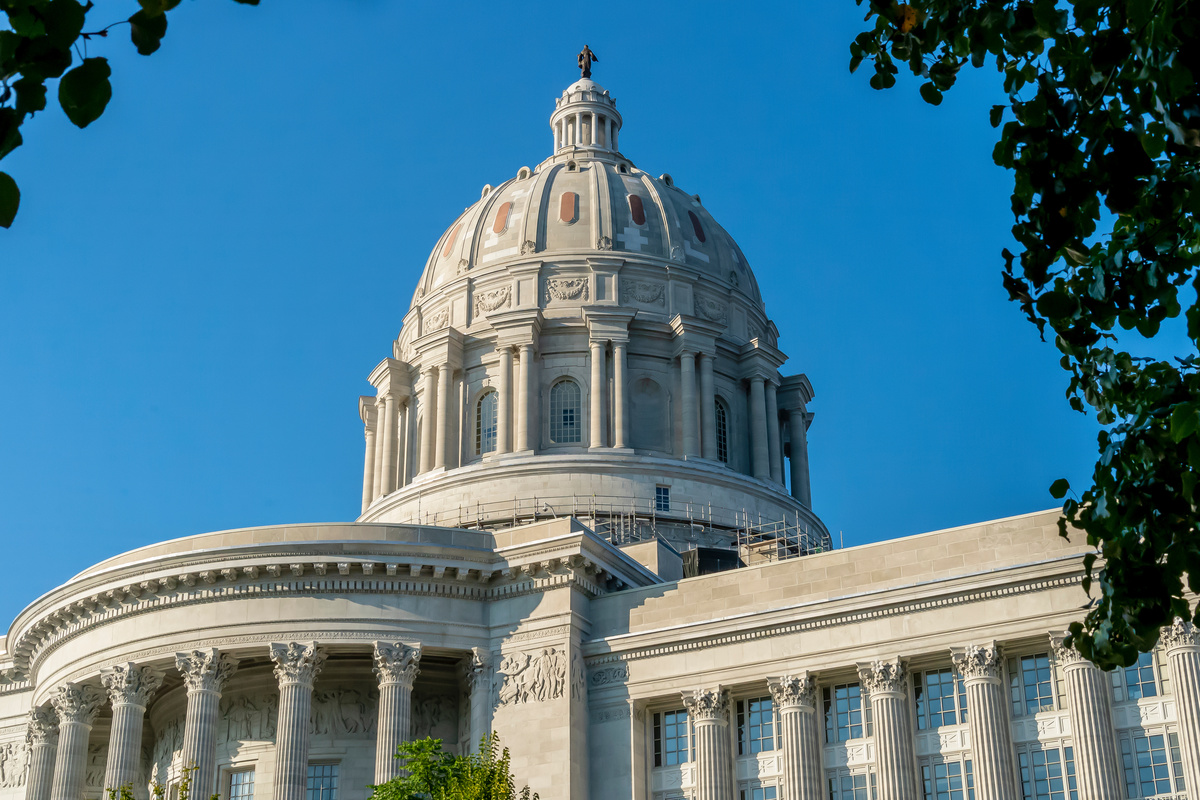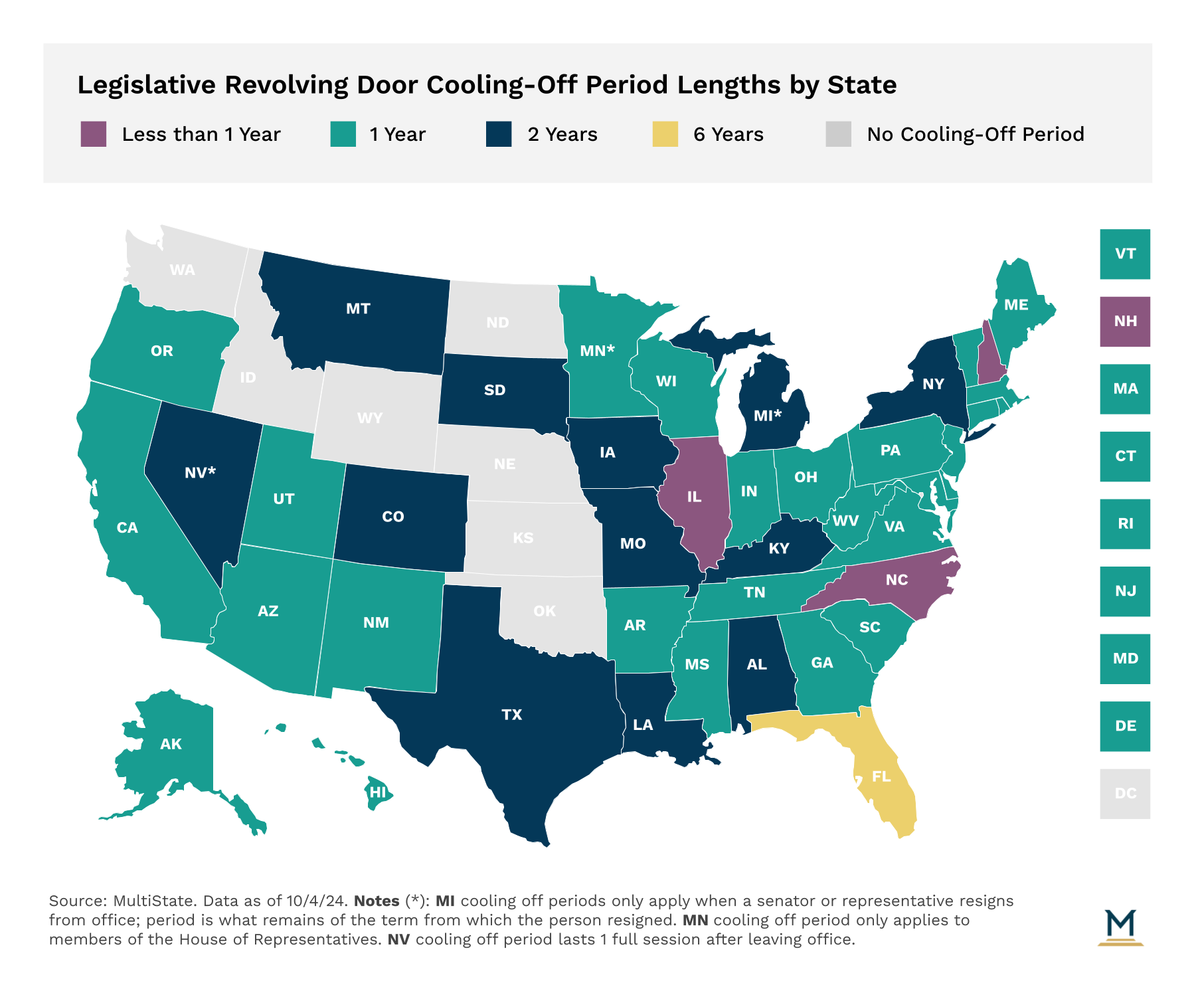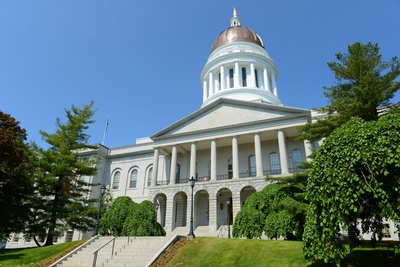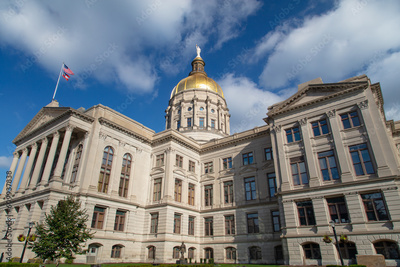
Compliance
States with Lobbying Compliance and Other Deadlines in December 2025
December 3, 2025 | Chase Klingensmith

Key Takeaways:
With the general election in November, we expect to see a whirlwind of lobbyist registrations and terminations as federal and state legislature make-ups change. With new legislators arriving and incumbents leaving, partisan balances shifting, and new bill pre-files, lobbyist employers may need to make changes to their team assignments and/or bring on new staff.
We often see changes in corporate lobbyist registrations during election years. Companies may shift their staff around, employees may leave for new opportunities in the public or private sector, or there may be a sudden hiring spree as election results pour in. Additionally, with a new or returning administration entering the White House, there will likely be turnover in executive branch appointments and other administration roles. Public officials, staff, advisors, and assistants may be looking to transition into private consulting and lobby for clients that focus on their area of interest and specialty. An employer may think this is the perfect chance to hire a former public official or employee — someone who is still well-connected to the people you hope to influence. But hold it right there! This exact scenario is covered under federal and state conflict of interest laws, also known as “revolving door” laws.
In the realm of lobbying compliance, the term "revolving door" refers to the practice of lobbyist employers hiring former public officials and employees because of their public service. Federal code 18 U.S.C. § 207 is an example of a revolving door statute that imposes restrictions on the movement of government officials, officers, or employees into the private sector. These laws are designed to promote ethics and transparency by regulating the transition of former public sector personnel into roles as lobbyists or consultants for the industries they previously regulated. This regulation is achieved through time restrictions commonly known as "cooling-off" periods.
A "cooling-off" period is precisely what it sounds like: a mandatory waiting period before a former government employee can take on a role as a lobbyist. Typically, this period lasts one to two years, depending on the individual's previous role, though in some cases, lifetime bans are imposed. These measures help prevent former government personnel from using their prior positions to leverage contacts or relationships within the public sector for lobbying. Additionally, these regulations deter special interest groups, private industry, and companies from attempting to "buy out" former government employees to quickly utilize their expertise and connections.
The cooling-off period between transitioning from government to private sector largely depends on what the person’s role was while in government.
The federal government isn't the only entity that regulates the post-employment activities of public officials and employees. Each state has its own rules regarding how long a former official or employee must wait before engaging in lobbying or advising clients, as illustrated in the map below. Note that local jurisdictions may have different cooling-off periods than the state jurisdiction.

Violating the federal revolving door law can lead to serious penalties. Willful violations can result in up to five years in prison or a fine of up to $50,000 per violation. Even an accidental breach can lead to a prison sentence of up to one year, a fine equivalent to the compensation received or paid, or both. These penalties apply not only to individuals who received compensation for the prohibited conduct but also to the lobbyist employer who offered it.
Presidents Obama, Trump, and Biden have enacted executive orders that either expanded or repealed previous revolving-door regulations for executive agency appointees. As a result, it's important to pay attention to the restrictions placed on appointees leaving the Biden Administration. With a new administration on the horizon, keep an eye out for another executive order in January addressing ethical commitments and revolving door restrictions.
It should be noted that while revolving door laws usually refer to government officials transitioning to the private sector, previous executive orders have also included cooling-off periods for former registered lobbyists looking to transition into government roles. Hence, if you're a lobbyist hoping to land a job with the new administration, pay close attention to restrictions that may be implemented in January.
Keeping up with rules, deadlines, and often confusing requirements is a daunting prospect for teams of all sizes. Let us manage your federal, state, and local registration and reporting responsibilities, or manage your Campaign Finance program. Read more about our Compliance Services here, or get in touch here.

December 3, 2025 | Chase Klingensmith

November 11, 2025 | Megan Zeiss

November 3, 2025 | Chase Klingensmith, Dylan Busler